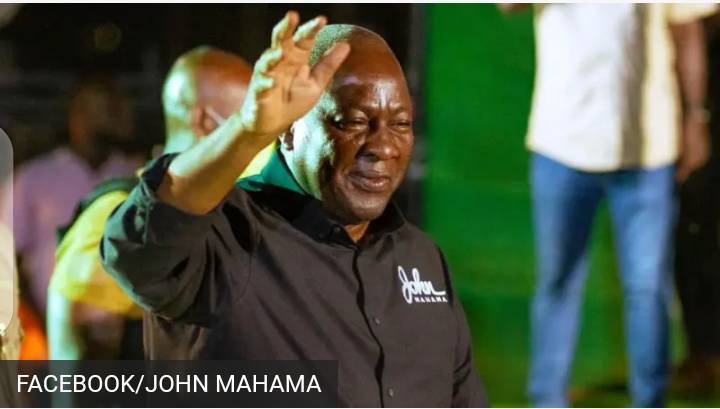John Dramani Mahama—a name that resonates deeply in the political and cultural fabric of Ghana. From humble beginnings to the nation’s highest office, Mahama’s story is one of determination, vision, and enduring leadership. Born on November 29, 1958, in Damongo, then the capital of West Gonja District in Ghana’s Northern Region, Mahama’s ascent to power reflects a remarkable journey fueled by resilience and dedication.
Early Life and Foundations
Raised in a politically active household, Mahama’s father, Emmanuel Adama Mahama, played a significant role in Ghana’s early governance as a Member of Parliament and the first Regional Commissioner of the Northern Region under Kwame Nkrumah. These roots laid the groundwork for John Mahama’s own path in public service.
John pursued higher education at the University of Ghana, Legon, where he graduated with a Bachelor of Arts degree in History in 1981. This academic foundation nurtured his understanding of Ghana’s historical and political landscape, preparing him for the roles he would later undertake.
Overcoming Challenges
After completing his studies, Mahama began his professional life as a history teacher at Ghana Secondary School in Tamale. However, political instability and economic hardships during that era led him to Nigeria, where he joined his father in exile. These formative experiences instilled in him a profound sense of resilience and a deeper commitment to Ghana’s progress.
Political Ascent
Mahama entered Ghanaian politics in 1996 as a member of the National Democratic Congress (NDC). His charisma and dedication to advocating for the underprivileged earned him widespread support. That same year, he was elected Member of Parliament for the Bole-Bamboi Constituency, a seat he retained through successive elections in 2000 and 2004.
Ministerial Roles
During his tenure in Parliament, Mahama’s leadership abilities earned him appointments as Deputy Minister for Communications in 1997 and subsequently as Minister for Communications in 1998. These roles saw him spearheading Ghana’s technological advancements and modernizing its communication infrastructure.
The Vice Presidency and Beyond
In 2008, Mahama’s political career reached new heights when he was selected as the running mate to Professor John Evans Atta Mills. After their victory, he served as Vice President from 2009 to 2012, focusing on inclusive development and infrastructure projects.
The sudden passing of President Mills in July 2012 marked a pivotal moment in Mahama’s career. Stepping into the role of President, he led the nation through a period of transition and healing. His leadership was further validated in December 2012 when he won the presidential election, becoming the first Ghanaian leader born after the country’s independence in 1957.
Building a Legacy
Mahama’s presidency was defined by transformative infrastructure projects, including the construction of schools, hospitals, and roads aimed at fostering national development. Despite facing economic and political challenges, his commitment to improving the lives of Ghanaians remained unwavering.
A Resilient Return
After a setback in the 2016 elections, Mahama’s determination to serve Ghana did not wane. His recent victory in the presidential election marks a triumphant return and underscores the trust Ghanaians place in his leadership.
A Vision for the Future
John Dramani Mahama’s story is not just about his achievements but also his enduring vision for Ghana’s prosperity. His leadership exemplifies the power of perseverance and the importance of staying connected to the people.
Your Perspective
What are your thoughts on Mahama’s journey and contributions to Ghana’s development? Which of his initiatives do you believe will have the most lasting impact? Share your opinions and join the dialogue on Ghana’s future!



